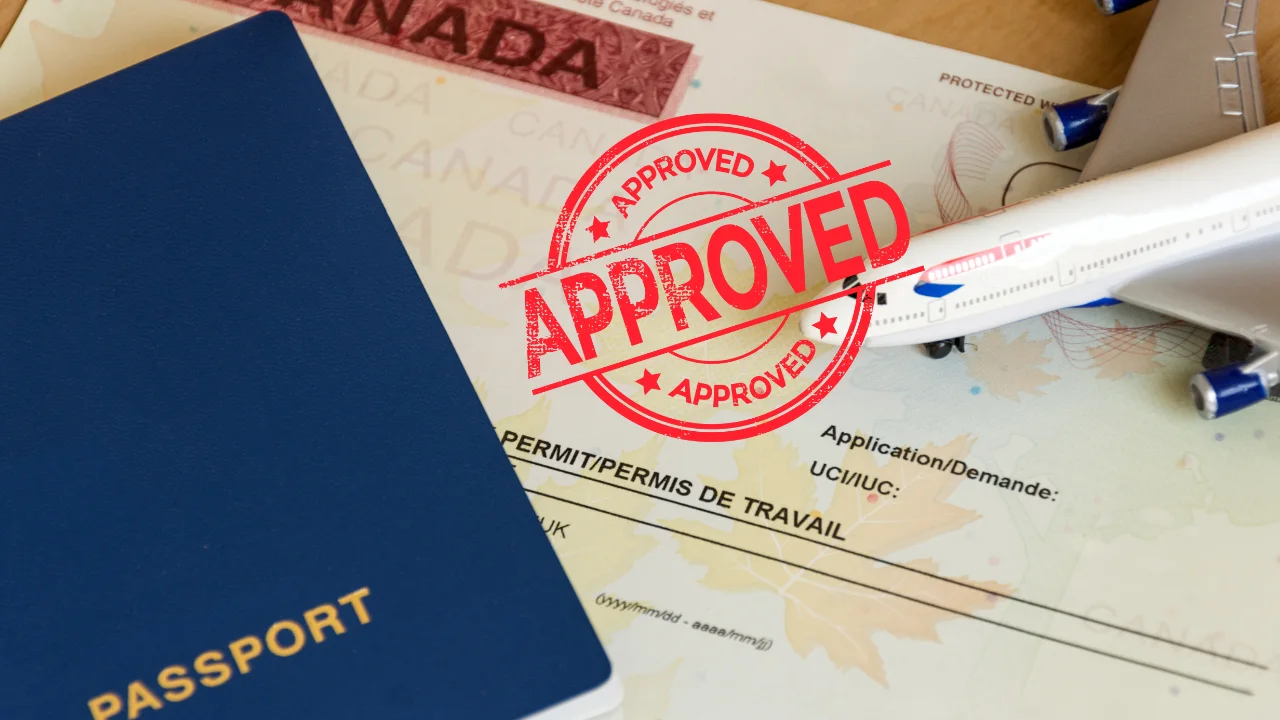Canada has updated its Open Work Permit rules in October 2025. International graduates, spouses of skilled workers, and PR applicants can apply with extended deadlines and greater job flexibility. Check eligibility, fees, and how it compares with employer-specific permits.
Table of Contents
Introduction to the New Open Work Permit
The Canada Open Work Permit (OWP) allows eligible foreign nationals to work for any employer in Canada without requiring an LMIA or job offer. With October 2025 updates, applicants can switch jobs or provinces freely while maintaining valid status.
The government has extended the application deadline to December 31, 2026, giving more time for qualified applicants to secure Canadian work experience and prepare for permanent residency.
Canada Open Work Permit 2025 Overview
| Agency | IRCC (Immigration, Refugees and Citizenship Canada) |
|---|---|
| Program Name | Canada Open Work Permit |
| Country | Canada |
| Fees | Application, biometric, renewal fee |
| Application Deadline | December 31, 2026 |
| Payment Mode | Online via IRCC portal |
| Type | Temporary Work Authorization |
| Category | Immigration / Work Permit |
| Official Website | www.canada.ca |
Eligibility Rules for 2025
Applicants must meet one of the following:
-
International Graduates of Canadian study programs.
-
Spouses/Common-Law Partners of skilled workers in TIER 0 or TIER 1 jobs.
-
Permanent Residence Applicants whose spouse or partner has applied for PR.
-
IEC Participants under International Experience Canada.
Update: Dependent children of foreign workers are no longer eligible.
Benefits of the Canada Open Work Permit
-
Work for any employer across provinces.
-
Continue working while waiting for permanent residency approval.
-
Gain valuable Canadian experience for future PR pathways.
-
Support family stability through spousal employment opportunities.
Canada Open Work Permit – Payment Structure
| Fee Type | Amount (Approx.) | When to Pay | Details |
|---|---|---|---|
| Application Fee | CAD 155 | At submission | Covers processing of work permit |
| Biometric Fee | CAD 85 | If required | Not needed if already submitted before |
| Renewal/Extension Fee | CAD 155 | At renewal or extension | Same as initial application |
| Dependent Spouse Fee | CAD 255 | When applying for spouse OWP | Applies if spouse qualifies under program |
| Other Costs | Varies | Case by case | May include medical exams, police clearance |
Comparison: Open Work Permit vs Employer-Specific Work Permit
| Feature | Open Work Permit (OWP) | Employer-Specific Work Permit (ESWP) |
|---|---|---|
| Employer Restriction | Can work for any employer | Restricted to one employer listed on permit |
| Job Flexibility | Can switch jobs or provinces freely | Must apply for a new permit to change jobs |
| Application Complexity | Easier, no LMIA required | Often requires LMIA and job offer |
| Eligibility | Graduates, spouses, PR applicants, IEC | Foreign workers with an LMIA-approved job offer |
| Processing Time | Moderate | Longer, due to LMIA process |
| Best For | Flexibility seekers, families, PR applicants | Workers tied to a specific Canadian employer |
Recent Updates – October 2025
-
Deadline extended to December 31, 2026.
-
Spouses of students must be enrolled in Master’s, Doctoral, or professional programs to qualify.
-
Dependent children no longer eligible.
Canada Open Work Permit 2025 – FAQs
Who can apply for the Open Work Permit?
International graduates, spouses of skilled workers, PR applicants’ partners, and IEC participants.
Can I change jobs or provinces with this permit?
Yes, without reapplying.
What is the last date to apply?
Applications close on December 31, 2026.
Can dependent children apply?
No, they are excluded under the new rules.

